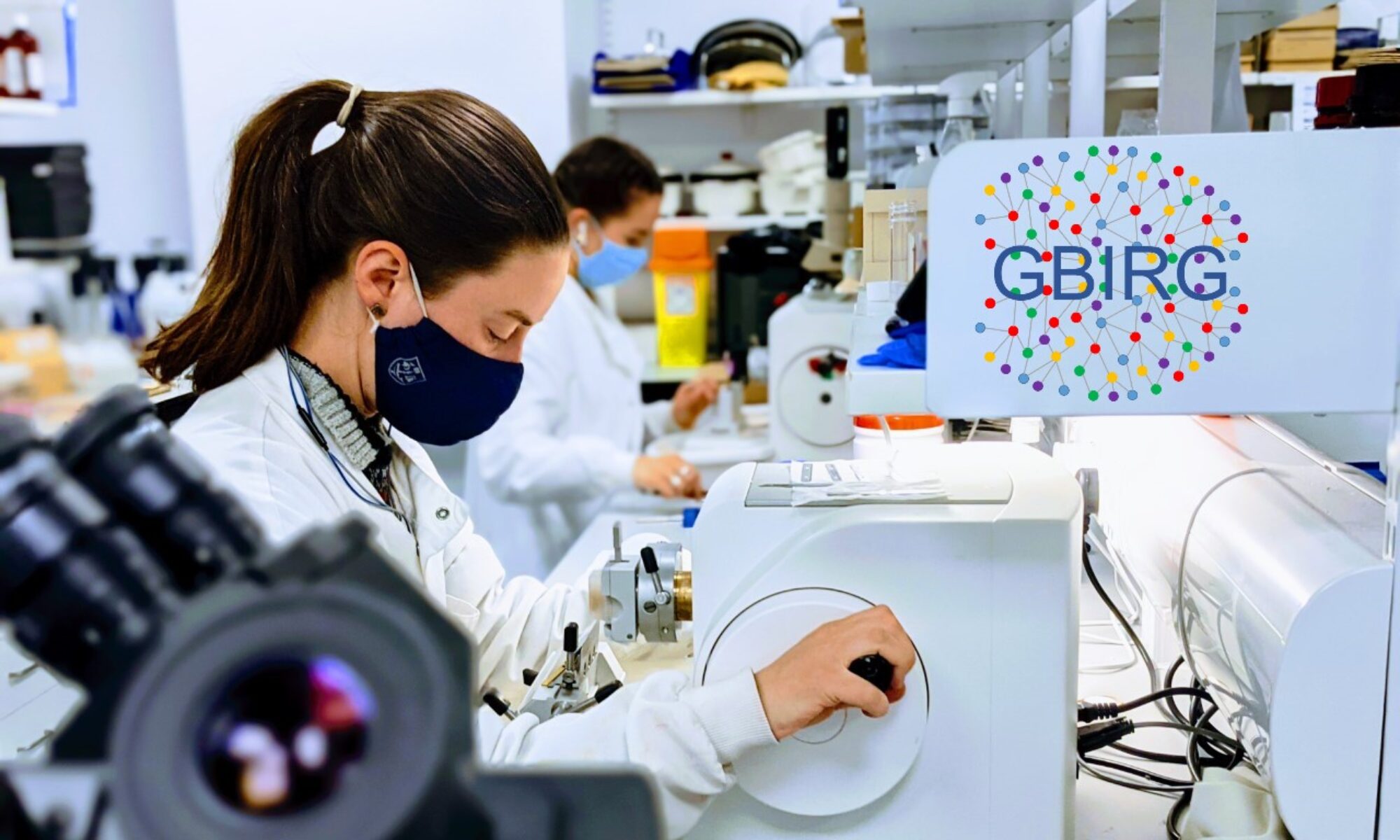
Prof Stewart
His ground-breaking FIELD research illustrated the strong association between being a professional footballer and neurodegenerative disease, showing that ex-players are around 3.5 times more likely than those in the general population to suffer from dementia.
As well as having extensive first-hand knowledge of the UK football and rugby world, Prof Stewart works with a team of international researchers centred in the prestigious Ivy League University in the USA, the University of Pennsylvania. This is the largest and leading research group in traumatic brain injury internationally.
With respect to brain donations and brain banks, sometimes uncomfortable decisions have to be made in order to help others.
Our trustees
Melanie Bramwell-Popham, Dr Sally Tucker and Warwick Clews, are passionate about making a difference. Their passion comes from knowing first hand the devastation that sports related dementia brings to ex-players and their families. Mel is a wife, Sally is a daughter, and Warwick is a father of affected players. They want to bring positive change to brain health in sport so no other player or family in the future experiences what they have.
Former international rugby player, Alix Popham, has had difficult, but necessary, conversations leading to one of the most selfless decisions.
He has decided to donate his brain to the research brain bank in Glasgow, to support research into chronic traumatic encephalopathy (CTE), the neurodegenerative disease associated with repetitive head impacts. He and his family know that the information from studying his brain postmortem will add to the growing knowledge about CTE and help future players.

For many reasons, the Head for Change families have chosen to work with Prof Willie Stewart and his colleagues in the Glasgow Brain Injury Research Group.
We know that only the best, caring, respectful and professional support will be offered by Prof Stewart.
We recognise that a focus of the Glasgow Brain Injury Research Group is working with former footballers and rugby players in the UK. We appreciate that ethical practice is the highest priority and so it is reassuring for prospective donors to know that Prof Stewart follows the UK’s regulations and best practice.
If footballing and rugby families are considering how they can help future players, they can contact the Glasgow Brain Injury Research Group (GBIRG) for more information on how to register for brain donation.
As a further commitment to supporting global research in these issues, we are proud to be involved with Prof Stewart in the international CONNECT-TBI project and be the voice of affected families and provide ‘patient and public involvement and engagement’.
Dr Sally Tucker considers it a privilege to be invited to work constructively on cutting edge research designed to deepen knowledge which will ultimately protect players and prevent sports-related dementia.